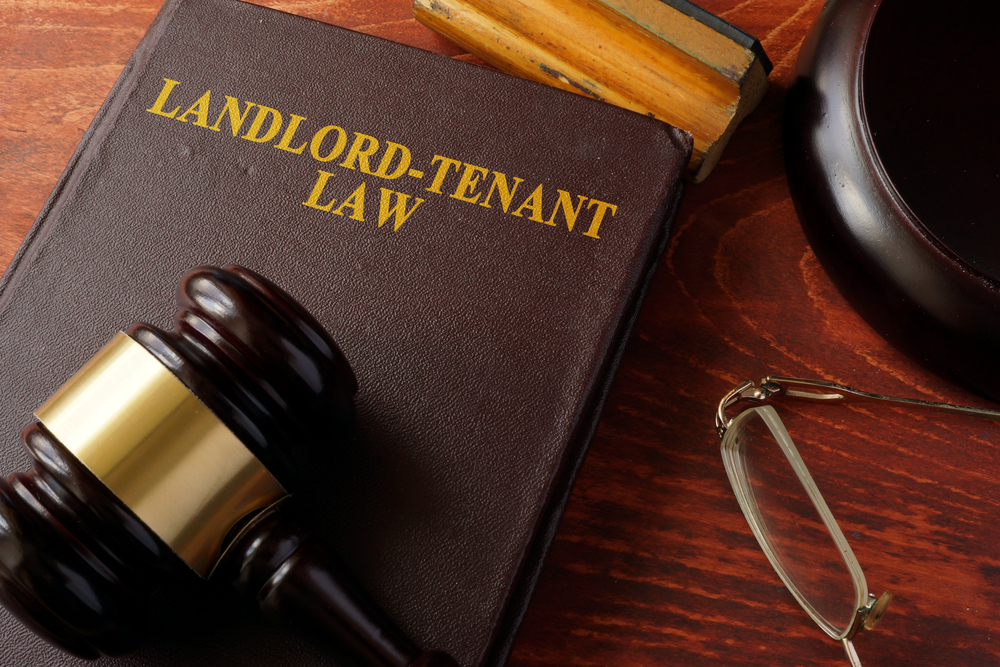
Spain introduces new rental rules with more safeguards for tenants
Contract periods are extended, price hikes are contained, and evictions must first be notified with social services.
A new government decree regulating rentals in Spain went into effect in March 2019 after being approved by the Cabinet.
The measures introduced by the government of Prime Minister Pedro Sánchez, of the Socialist Party (PSOE), seek to improve protection for tenants at a time when affordable housing is becoming increasingly difficult to find.
The decree extends the duration of the rental contract from three to five years (or seven if the landlord is a company), and prevents annual rent increases of more than the consumer price index (CPI) within that period. The new rules do not put a cap on how much monthly rent a landlord can ask for, as the anti-austerity party Podemos had lobbied for.
Deputy Prime Minister Carmen Calvo said that the decree is “an action plan for an unacceptable situation,” adding that the measures will be particularly helpful for young people.
The main changes will only apply to new lease agreements signed on March 6th 2019 and later.
These are the key aspects of the decree:
Contracts extended…
The minimum length of a contract has been extended from three to five years (or seven if the landlord is a business). To provide greater stability for tenants, the period of tacit renewal has been extended from one to three years. After the mandatory renewal period, landlords must give four months’ notice to end the contract and tenants must give two. Previously, owners could give two months’ notice and tenants one.
Rent Increases limited to CPI…
While earlier contracts could establish their own provisions for annual reviews, the new decree prevents annual rent hikes of more than the consumer price index (CPI) within the contract period.
Price benchmark system… The decree introduces a state benchmark index for rental prices that will be used to follow changes in the market and help determine whether an asking price is adjusted to market realities. This index will provide the average price in any given part of Spain, and undergo annual reviews. The government has given itself to the end of 2019 to produce these figures.
Limit on property costs…
In addition to a one-month deposit, property owners can only ask a tenant for additional guarantees equivalent to two months of rent. If the landlord is a legal entity, it must cover any real estate agency expenses.
More security for tenants…
The decree equally recognizes contracts registered with the Property Registry and those that have not been registered. In other words, if someone buys a property that is already rented out, they must respect the tenant’s lease agreement.
Evictions… All eviction processes will go through the social services first to determine whether a tenant is in a vulnerable situation. If so, the eviction process will be pushed back one month (three if the owner is a business) to help the tenant find a new place to stay. Judges must also communicate the exact date and time that the eviction will take place.
Vacation rentals…
The decree says that a building’s apartment owners may collectively agree to place limits on the use of units for the purposes of tourist accommodation. This measure comes amid growing public debate over the impact of online services such as Airbnb on city centers and on the price of housing.
tel. +34 952927833 or email info@andalucianproperties.info